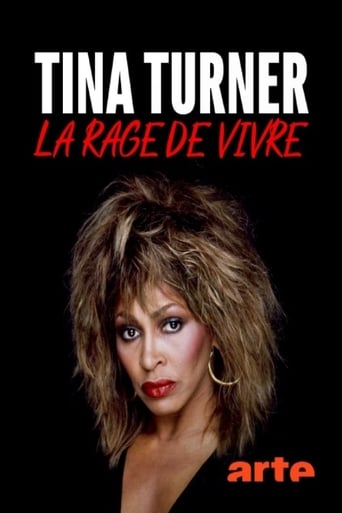
06 Mar 2020

Tina Turner: One of the Living
No overview found

06 Mar 2020

No overview found

18 Oct 2013

It's Super Mickey, Wonder Minnie, Super-Power Pup, Super Goof, Dynamo Duck and Upsy-Daisy to the rescue. In an exciting full-length adventure straight out of a comic book, Power-Pants Pete swoops down and starts shrinking everything insight down to teeny-tiny size. To save the day, Professor Von Drake transforms the Clubhouse Gang into super heroes with incredible powers. But Pete's merely a sidekick; a wily villain named Megamort is the true mastermind behind the shrinky-dinky caper. Can our heroes outsmart the bad guys? Only by working together, with help from you... and the right Mouseketools.
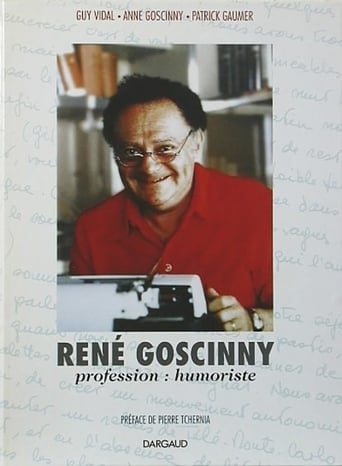
10 Nov 1998

Documentary detailing the life and career of the late René Goscinny, creator of Asterix.
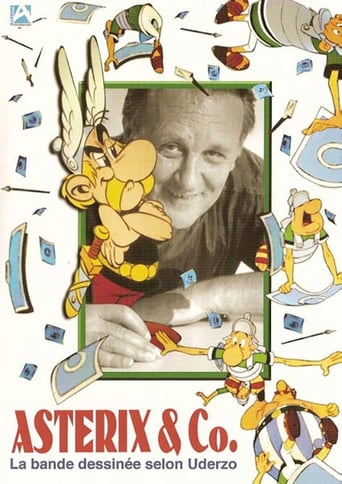
28 Feb 2002

Documentary about the illustrator of the longtime Asterix comic book, Albert Uderzo
01 Mar 2015
A documentary about illustrator and comic book artist, John G. In Cleveland, his artwork is everywhere, but most don't know the face behind the gritty imagery of The Lake Erie Monster comic series and restaurant chain Melt Bar and Grilled.

12 Aug 2014

In the spring of 1984, a strange new comic book sat beside cash registers in select shops, too big to fit in the racks, and too weird to ignore. Eastman and Laird's Teenage Mutant Ninja Turtles presented a completely original breed of super hero. It was too bizarre, too crazy. It broke all the rules and should never have worked. Until it sold out. Again and again and again. For 30 years. Now, peek under the shell and see how this so-called "happy accident" defied every naysayer to become one of the most popular and beloved franchises in the world.

18 Nov 2017

In the history of “The Simpsons,” few characters outside the title family have had as much cultural impact as Apu Nahasapeemapetilon, the Springfield convenience store owner. Comedian Hari Kondabolu is out to show why that might be a problem.
01 Jan 2014
A man performs the same ritual every day: he cleans his shoes, dresses up in his shiny blue suit, wears his white gloves and grey hat, and spends his time walking around Brazzaville. His presence generates an absurd apparition in the urban chaos of the city, which reflects the imaginary produced by one of the upmost icons of pop culture.

07 Sep 2010

As the dissociated convenience of the Internet and globalized corporate culture continue to shut down brick-and-mortar video stores, what will happen to the longstanding, local hangouts with their rugged individuals known as clerks and the communities who love them? Videosyncracy follows three very different video rental stores as they negotiate their survival in three distinct Los Angeles neighborhoods: Old Bank DVD in the Downtown arts district, Vidiots in sunny seaside Santa Monica, and Eddie Brandt’s Saturday Matinee in bustling North Hollywood. Their stories chronicle not only the birth and twilight of a particular kind of corner store, but also decades of personal lives intertwined with those of their communities, the new challenges and facilities of a rapidly changing world, and an enduring love of the movies, a slice of Americana on the brink of disappearance yet defiant to the end.
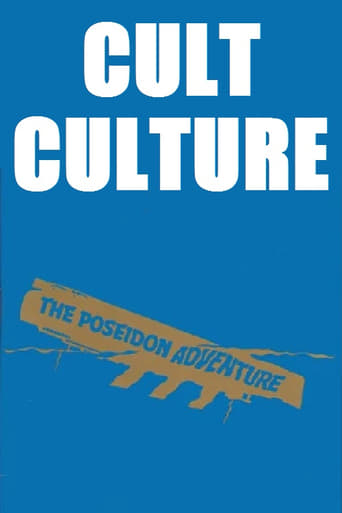
31 Dec 2003

This documentary follows avid fans and the pop cultural impact of the classic disaster movie The Poseidon Adventure.
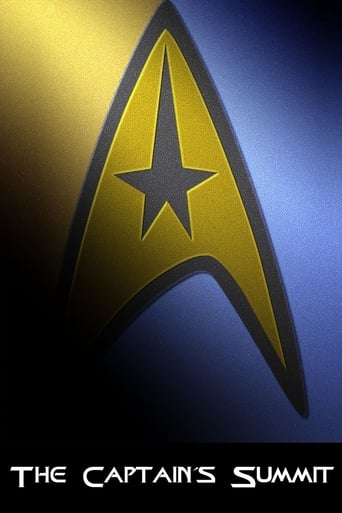
12 Apr 2009

The Captains' Summit documents the first time in Star Trek history that four stars who at some point have played Captains in Star Trek (William Shatner, Patrick Stewart, Leonard Nimoy, Jonathan Frakes) have been brought together for a 70-minute rare and unprecedented round table event. Whoopi Goldberg, star of Star Trek: The Next Generation, hosts the event.
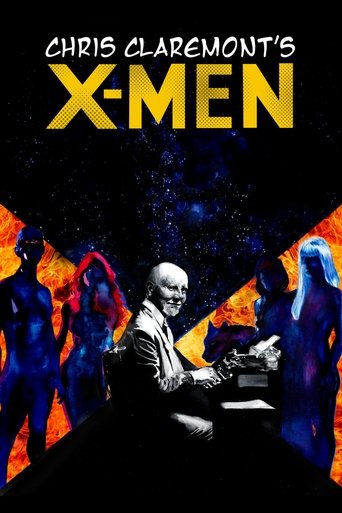
26 Oct 2018

Chris Claremont’s X-Men takes an in-depth look at Claremont’s monumental run. Using high-profile interviews, the film explores the behind-the-scenes development of notable characters like Wolverine, Storm, and Phoenix, as well as the challenges of creating art within a corporate system.
01 Jan 1999
Documentary that explores the long and remarkable career of Will Eisner, a pioneering cartoonist whose work continues to have an impact on pop culture around the world. Includes interviews with Ann Eisner, Art Spiegelman, Bill Sienkiewicz, Denis Kitchen, Jerry Robinson, Angeli, Maurício de Souza, Ziraldo, Jano, François Schuiten and many other artists.

20 Apr 2004

Denise Crosby takes another look at the huge fans of "Star Trek" and how the series from around the world has affected and shaped their lives.
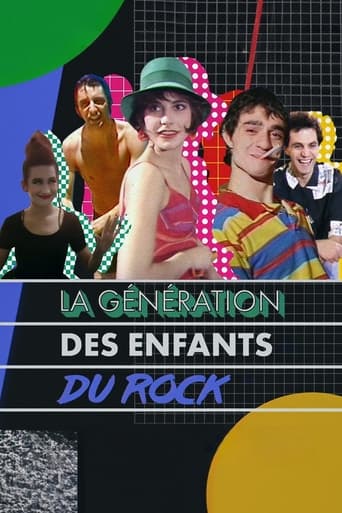
16 Feb 2024

No overview found
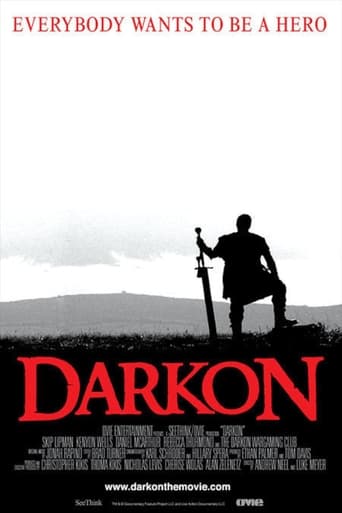
12 Sep 2006

Darkon is an award-winning feature-length documentary film that follows the real-life adventures of the Darkon Wargaming Club in Baltimore, Maryland, a group of fantasy live-action role-playing (LARP) gamers.
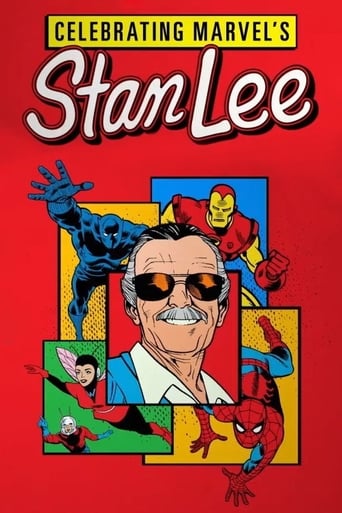
20 Dec 2019

Filmed in part in front of a live audience at The New Amsterdam Theater in New York City, this Stan Lee tribute takes viewers on an action-packed journey throughout the life of Lee and across the Marvel Universe, sharing never-before-seen interviews and archive footage with Lee himself from deep within the Marvel and ABC News archives.

09 Oct 1955

In 1954 the Senate Subcommittee on Juvenile Delinquency conducted an investigation into how the comic book industry was supposedly contributing to the moral decay of a nation's youth. The investigations were spurred on by a number of articles that blamed comics for the rise in juvenile delinquency in post-war America. Chief among the critics was Doctor Frederic Wertham, whose book, "Seduction of The Innocent" has been blamed for nearly single-handedly crippling the entire comics industry. "Confidential File" was aired in 1955, after the senate hearings and the formation of the Comics Code, but it serves as a perfect example of how the media reacted to the comic book industry, and sought a scape goat by blaming the comic book publications for society's own lack of responsibility in raising its children.
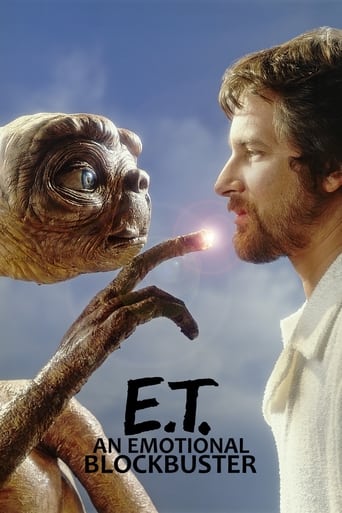
09 Dec 2022

E. T. the Extra-Terrestrial, Steven Spielberg's endearing movie released in 1982, achieved the triple feat of bringing to life one of the most iconic characters in pop culture, revolutionizing science fiction cinema and establishing itself as one of the highest-grossing family movies in the history of cinema, capable of making the whole world laugh and cry.
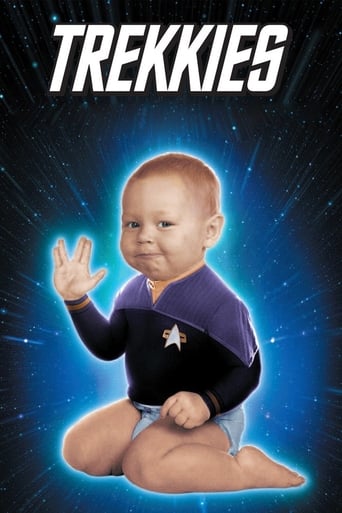
18 Oct 1997

Denise Crosby takes a first look at the huge fans of "Star Trek" from around America and how the series has affected and shaped their lives.